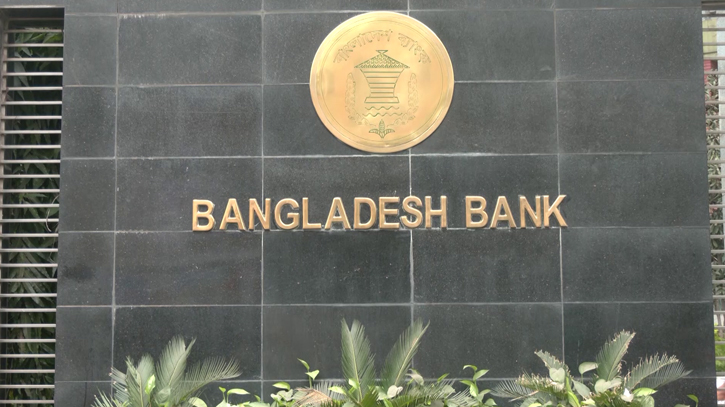
Photo : Collected
To combat the challenge of rising inflation, Bangladesh Bank implemented a contractionary monetary policy, aiming to reduce the amount of money circulating in the market during the latter half of the current financial year.
However, despite these efforts, the country still grappled with inflationary pressures. In January, overall inflation surged to 9.86 percent, marking the highest level since last October. Notably, the inflation rate stood at 9.93 percent in October, following which it saw a decline for two consecutive months in November and December, only to rise again in January.
The Bangladesh Bureau of Statistics (BBS) released these latest figures, revealing an uptick in inflation across both urban and rural areas.
Data from the BBS indicates that inflationary strains were more pronounced in urban centres compared to rural regions. While rural areas experienced an overall inflation rate of 9.70 percent, urban areas witnessed a higher rate at 9.99 percent, indicating a near-double-digit inflation scenario in cities.
Economists have noted that Bangladesh has been grappling with elevated inflation for over a year now. Comparing this January's inflation figures with those of last year’s, it has become evident that the pressure of inflation has intensified. This exacerbates the challenges faced by ordinary citizens in managing their expenses amidst rising prices.
Selim Raihan, the executive director of the South Asian Network on Economic Modelling (SANEM), told The Daily Messenger, “The prolonged presence of inflationary pressures in Bangladesh is a matter of concern. Despite some attempts to address inflation, the lack of cohesive efforts has resulted in the initiatives becoming ineffective.”
Over the past year, Bangladesh Bank has implemented various measures to tackle high inflation, some of which were advised by the International Monetary Fund (IMF). These initiatives included the introduction of a policy interest rate corridor system, removing interest rate limits, setting a single price for the dollar, and adopting accurate reserve accounting. Additionally, Bangladesh Bank shifted its monetary policy focus towards interest rates, moving away from a reliance on money supply to combat inflation.
Following the victory of the Bangladesh Awami League in the recent national elections, which formed the government for the fourth consecutive term, controlling inflation has emerged as a top priority for the new government. Prime Minister Sheikh Hasina, along with State Minister for Commerce Ahsanul Islam Titu, has reiterated the government's commitment to addressing inflationary pressures through various efforts.
Despite the government's concerted efforts, analysts assert that a group of highly profitable businessmen have thwarted these initiatives. According to them, unless these syndicates are brought under control, it will be challenging to normalise commodity prices in the market.
S M Nazer Hossain, Vice President of the Central Committee of the Consumers Association of Bangladesh (CAB), lamented the significant influence of businessmen in policymaking circles and told The Daily Messenger that a large proportion of Members of Parliament (199 out of 300) are businessmen, holding key positions in the cabinet, city corporations, and political parties. Consequently, Nazer suggested that a portion of the government is effectively controlled by these syndicates.
Highlighting the exploitative practices of certain traders, Nazer noted that they are profiting immensely, with daily gains amounting to millions in commodities such as eggs, rice, pulses, sugar, and soy bean oil. Despite these concerns, he observed a lack of action or accountability from the government in addressing these issues.
Nevertheless, top government officials remain optimistic about bringing inflation under control through ongoing initiatives. Bangladesh Bank recently raised the policy interest rate in its monetary policy announcement on January 17, aiming to curb inflation. However, despite these measures, inflation continues to rise, posing a significant challenge to the government's efforts to stabilise prices.
Economists have raised concerns over the prolonged period of high inflation in the country, noting its alarming nature. Recent estimates from BBS indicate a slight easing in food inflation in January. However, non-food inflation has seen an increase, with food inflation at 9.56 percent in January compared to 9.58 percent in December, while non-food inflation rose to 9.42 percent from 8.52 percent in the same period.
Khondaker Golam Moazzem, the research director of the Centre for Policy Dialogue (CPD), told The Daily Messenger that the healthcare sector experienced the highest inflation in the non-food category. He attributed this rise to increased medical expenses, including the cost of medicines. Additionally, Moazzem noted that expenses on transportation and clothing have also contributed to the overall increase in non-food sector inflation.
Messenger/Fameema








